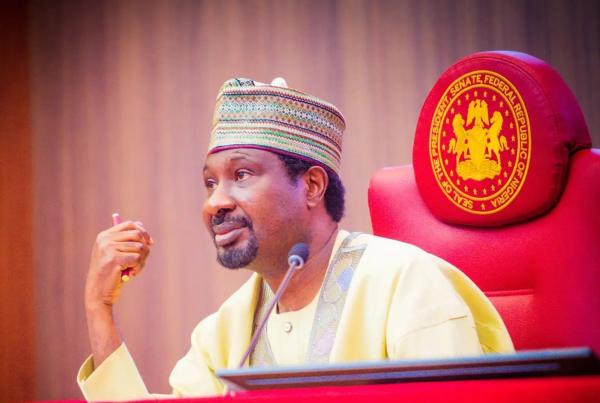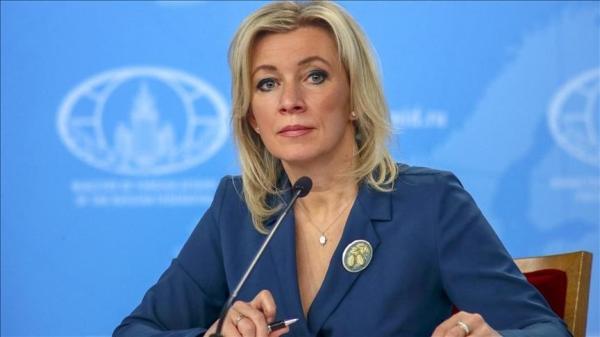
If reports reaching CEOAFRICA.com is anything to go by, then oil theft in Nigeria would soon become a thing of the past, as the European Parliament is set to stop the purchase of stolen oil from Nigeria in Europe.
Henceforth, any crude oil meant to be sold in the European market must be accompanied with a certificate of origin.
This decision was taken at the just concluded meeting of the members of the African,Caribbean, Pacific Parliaments and the European Union (ACP-EU) held in Abuja, Nigeria.
Speaking to journalists at the end of the meeting, Mitchell Rivasi (Acting Co- President ACP- EU) and Joyce Laboso (Co- Secretary General) said the need to stop the huge loss of Nigeria’s oil to organised syndicates of oil thieves necessitated the decision.
Rivasi Said: “We want to ban European refineries from buying un-certificated oil. 400, 000 barrels a day is a huge loss. We need to get traceability of oil to avoid theft. The oil companies are involved in this and everybody is making big money.
Furthermore, she said, “The bunkering tankers are better equipped than the Nigerian Navy, This is a huge international organised crime. We did it with diamond; we can also do it with oil.”
She expressed her shock that Nigeria has no functional refineries and urged that urgent decision should be taken to correct this anomaly.
“There is a paradox in Nigeria. There’s a seven per cent growth in the economy, but growth and employment are not going hand-in-hand. We need to respond to this paradox.” She said.
On the other hand, Rivasi also expressed her feeling about the Boko Haram issue. “They kill people and burn churches. The international community has to help and this is something that is not reflected (in the communique). We must say that they should anticipate or pre-empt before the situation gets worse or deteriorate.” She said.
Responding to a question on the planned £3000 visa bond proposed by the United Kingdom, she said: “We (Europe) have unemployment of more than 12 per cent; others 20 and Spain 57. We are trying to get you to develop in your own country. People should be able to develop in their own country.” According to her, this could be done by funding small-scale industries.
At the end of the meeting, a communiqué which was issued reads: “With particular regard to the Nigerian oil industry, Members stressed the need to ensure that the revenues generated from the extractive industry are distributed transparently and equitably through the national budget in order to contribute to sustainable development and poverty reduction.
“Members also expressed concern at the high rates of oil thefts, wastage and illegal bunkering which lead to substantial revenue losses and environmental degradation. Members called on the Nigerian government to put in place appropriate mechanisms and measures to fight against this organised crime.”
Meanwhile, the Honourable Speaker of the Nigerian House of Representative, Aminu Tambuwal, who was present at the meeting, solicited the support of the international parliaments in addressing oil theft.
In his address, he said: “We ask for you to support Nigeria’s effort in addressing the issue of oil theft. Here, we will come up with stiff legislation against it. But the oil is being taken out and is going to other places. If possible, we require very stiff legislation from the European Union and other countries that are destination for the oil. It has very high negative impact on the economy and by extension, the people.”
Tambuwal said West Africa had been facing a lot of security issues. “Here in Nigeria, we have taken extreme measures to ensure there is peace. As a parliament, we are supporting the executive through legislation, especially on the issue of funding.”
It would be recalled last week that the Federal Government, after the National Economic Council (NEC) meeting, said that 400, 000 barrels of oil, an equivalent of N7.3million, is lost daily to oil thieves.
The ACP-EU meeting had 20 lawmakers (12 from Africa and eight from Europe) in attendance.






















